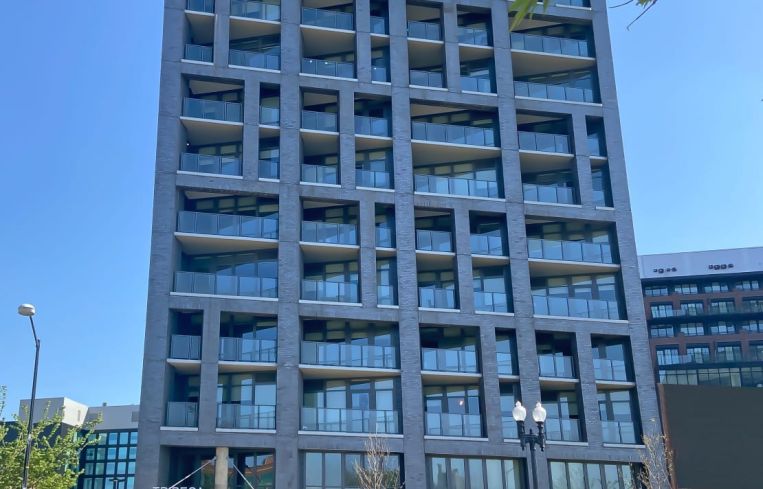CRE CLO Distress Rate Surpasses 10%

CRED iQ’s research team continues to examine the commercial real estate collateralized loan obligation (CLO) ecosystem from multiple perspectives, including CRED iQ’s latest loan information from the March 2024 reporting period. In this report, we explore and break down the distress levels for CRE CLO during the first quarter of this year. We exclude CRE CLO deals from our monthly delinquency reports so we can continue our examination of this important sector on a stand-alone basis.
Some of the largest issuers of CRE CLO debt over the past five years include MF1, Arbor, LoanCore, Benefit Street Partners, Bridge Investment Group, FS Rialto, and TPG. CRED iQ consolidated all of the loan-level performance data for every outstanding CRE CLO loan to measure the underlying risks associated with these transitional assets. Many of these loans were originated in 2021 at a time when cap rates were low, valuations high, and interest rates low; and are starting to run into maturity issues given the spike in rates.
CRED iQ’s research finds the distress rate for CRE CLOs climbed from 7.4 percent as published in our 2023 summary report to 10.2 percent at the close of 2024 first quarter, continuing the upward trend that commenced last summer — leading to a 440 percent increase. This metric includes any loan that reported 30 days delinquent or worse as well as any loan that is with the special servicer.
Breaking down CRE CLO distress rates by property type, the office sector leads all other categories at 16.2 percent. Multifamily and retail round out the top three at 11.1 percent and 7.5 percent, respectively. Industrial, hotel and self-storage are operating below 3 percent — with self-storage at 0 percent.
When examining distressed rates by loan payment status, it is interesting to note that 44.6 percent of the distressed loans have passed their maturity and have not paid off, in breach of their loan terms (combining performing and nonperforming loans). It’s a clear indication that the momentum in CRE loan modifications is likely to continue
Outstanding CRE CLO loans amount to approximately $75 billion in loans. The vast majority of these CRE CLO loans are structured with floating-rate loans with three-year loan terms equipped with extension options if certain financial hurdles are met.
The sudden spike in CRE CLO commenced in July and August 2023, when distressed rates were around 1.7 percent, increasing by an average of 1.2 percent each month,which has continued into 2024. The latest distressed levels totaled 10.2 percent for all of CRE CLO loans at the close of the first quarter.
Example of office loan distress
Pacific Building, a 138,252-square-foot office property in the Pioneer Square/Waterfront submarket of Seattle is backed by a $36.5 million loan that is over 120 days delinquent. The loan transferred to the special servicer in July 2023 due to delinquency.
The current interest rate of the loan (9.618 percent) more than doubled the 4.809 percent rate at issuance. The loan is scheduled to mature in January 2025 with a potential fully extended maturity date in January 2027. The property value drastically declined from $69 million at underwriting in November 2021 to $36.2 million in September 2023. The asset was most recently performing with 41.9 percent occupancy and a 0.29 debt service coverage ratio (DSCR).
Multifamily loan delinquency
A $39.9 million loan backed by the Tribeca Apartments in Washington, D.C., fell 60 days delinquent in March. The loan has a current interest rate of 9.268 percent and is scheduled to mature in July 2024 with three, one-year extension options. The high-rise apartment building consists of 90 units and is in the Capitol Hill submarket. Constructed in 2021, the asset was valued at $63.6 million at underwriting in May 2022. The asset was performing with a 0.24 DSCR at 88.9 percent occupancy as of year-end 2023.
Mike Haas is the founder and CEO of CRED iQ



